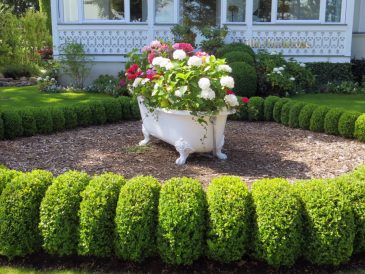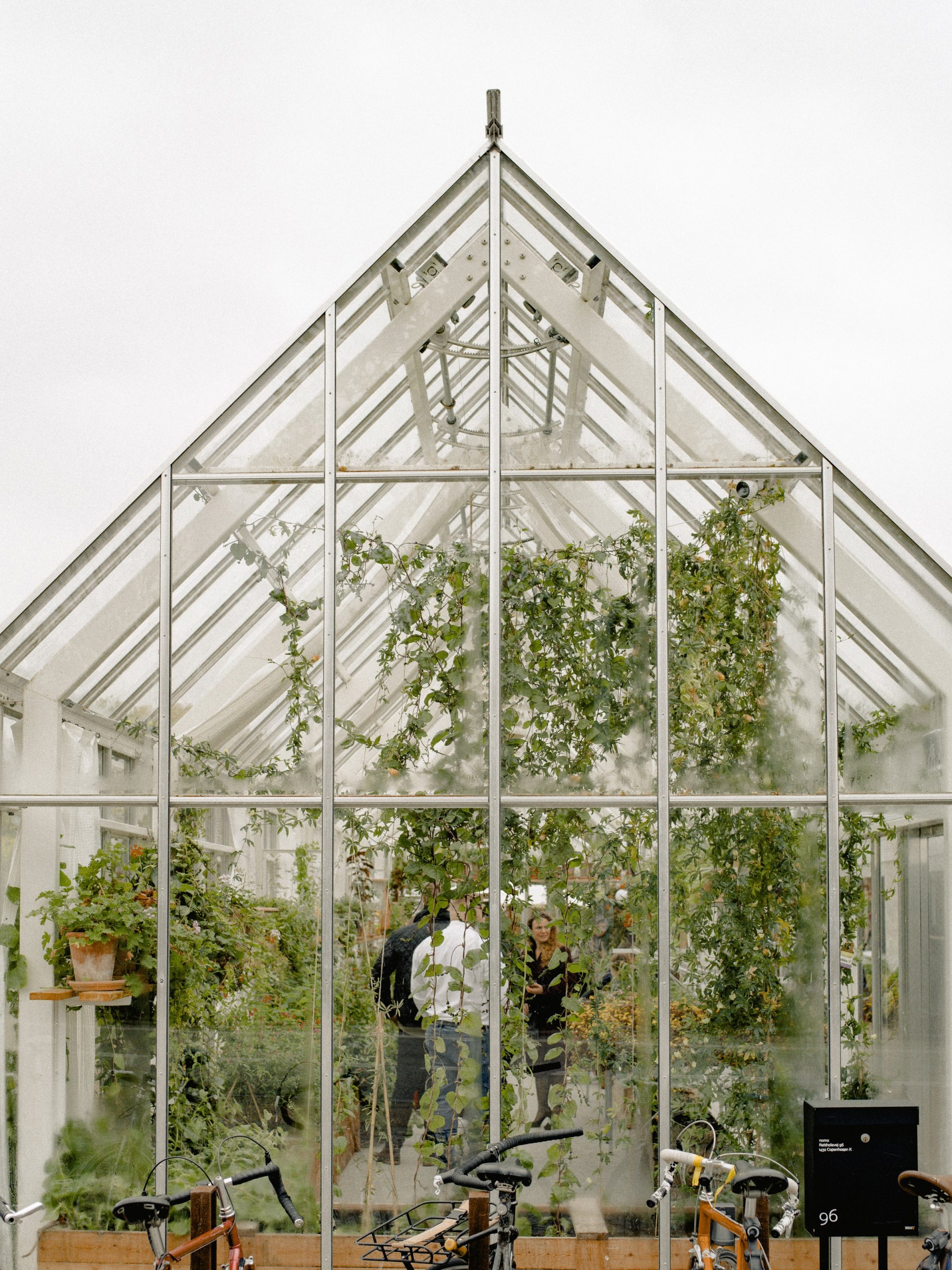Have you always wanted to try gardening but are unsure of where to start? Gardening can be a very satisfying hobby but if you want great results, you will need a lot of patience and the ability to make intelligent choices. In this article, we’ll look at the perfect five tips to get you started on your gardening journey.
1) Know Your Soil
My best advice would be to know your soil to avoid wasting seeds. Invest in a type that is nutrient-rich and well-drained. It’s always recommended that you send a sample of the soil to a laboratory or buy a cheap at-home kit to measure the pH level as some soil types are not healthy enough to accommodate plants.
You should know that different plants need different pH levels and different soil types. It is essential to look for nutrients like nitrogen, potassium and phosphorus when conducting your test. If your test reveals bad results, you’ll have to take some time to correct the deficiencies. Familiarizing yourself with your kind of soil will help you determine what fertilizers and changes you need to add before you get started. Most soils are already fertile and require little to no altering, but others need wholesale improvement.

2) Your Materials
Gardening requires the right tools. Some essentials include breathable, sturdy gloves and boots, pruning shears (hand pruners), a garden fork or a shovel, a spade, a rake, a hose with an adjustable nozzle, a watering can, a wheelbarrow and a basket.
After every gardening session, take care of your tools by cleaning the dirt off them, place them in a dry place to avoid rust and sharpen the edges of your cutting tools frequently.
3) Use Compost
Compost will always save a gardener’s life. Composting your kitchen and garden waste will help you reduce waste while nourishing your soil. Collect for a year in a closed container and mix it with your soil when ready.
Compost is usually made of leaves and vegetable kitchen scraps. Ensure not to compost meat, milk and milk products, highly acidic food, oil and greasy food.
4) Look Out for Pests
Pests can become very annoying. Even though some of them do not cause too much harm, they still can be damaging. It would be best to keep an eye on an unknown bug that you may notice to avoid a complete infestation. Snails and caterpillars can be removed easily by hand and no use of pesticides will be required.
As we know, prevention is better than cure, so strong-scented herbs can stop pests when planted among or near the vegetables. It is a super-easy way to support your efforts in preventing garden pests. Be cautious and do not plant invasive herbs among your vegetables – a little research goes a long way.

5) Don’t Be Afraid to Prune
Pruning can seem scary. You do not want to cut your plant as it is growing and thriving. However, did you know that pruning can make your plant develop a lot faster? But you should know when to prune, where to do it and how much to take off. With proper guidance, you can achieve very successful pruning.
Why prune? It is a big question that beginner gardeners may ask themselves often, but pruning removes dead or draining leaves. Pruning will have your plant looking good and put together. The plant will also combat insects and potential plant infections.
Gardening can be a very satisfying hobby, especially when seeing the result of all your hard work. With patience and love you will be able to achieve your gardening goals. Share your tips in the comments below and good gardening…





